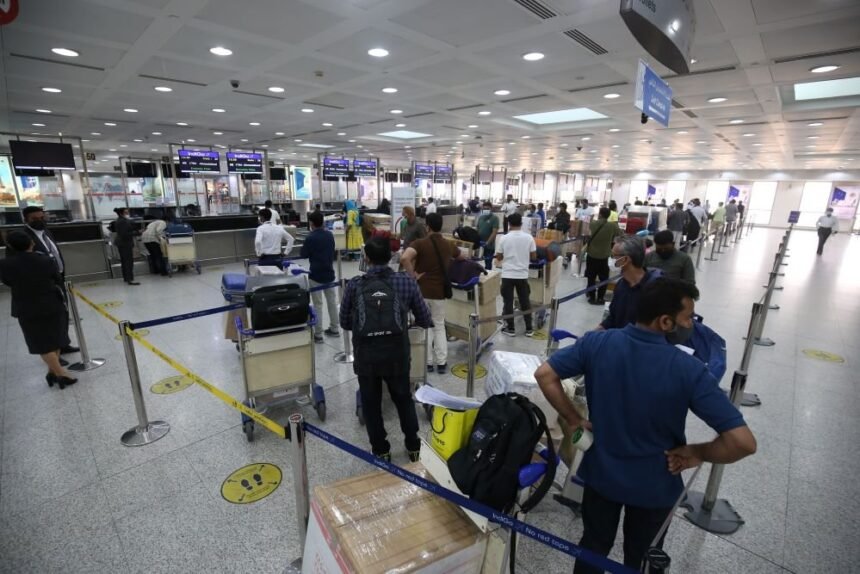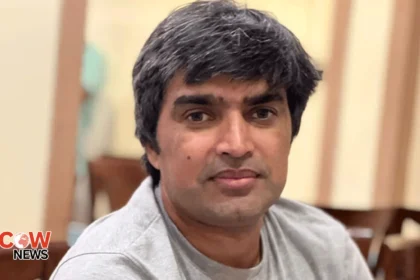News Desk
According to a report by an Arab news agency, Kuwait’s Deputy Prime Minister, Minister of Defense, and Minister of Interior, Sheikh Fahad Al-Youssef, reviewed recommendations outlining the reasons for revoking citizenships.
Under Kuwaiti law, specifically Article 15 of the 1959 Act, it is clear that dual citizenship is not allowed in the country. Based on this, the citizenship of two individuals was revoked.
Under Article 21 of the law, citizenships were revoked for 408 individuals who had obtained citizenship through deceit or forgery. Additionally, the citizenship of 489 people from 54 countries was revoked under Article 13, Clause 4 of the law.
Reports indicated that a Filipino woman who had acquired Kuwaiti citizenship through marriage to an elderly Kuwaiti man had her citizenship revoked after his death. She later married an Asian driver, which fell under the category of damaging national identity, as per Clause 8 of the law.
The Kuwaiti government has strongly warned both nationals and foreigners that if they fail to register their biometric fingerprints by December 31, their essential services will be suspended.
According to a recent post by the Ministry of Interior on Facebook, individuals who do not comply with this directive will have their banking and other government services halted.
A spokesperson for the Ministry of Interior stated that to avoid suspension of services, individuals must schedule their biometric fingerprinting appointments via the ‘Meta’ platform or ‘Sahl’ app before the deadline.







